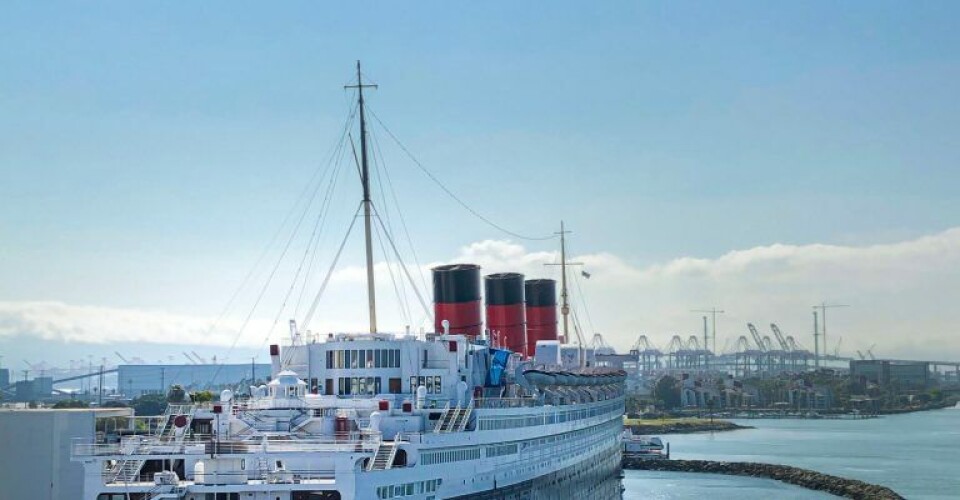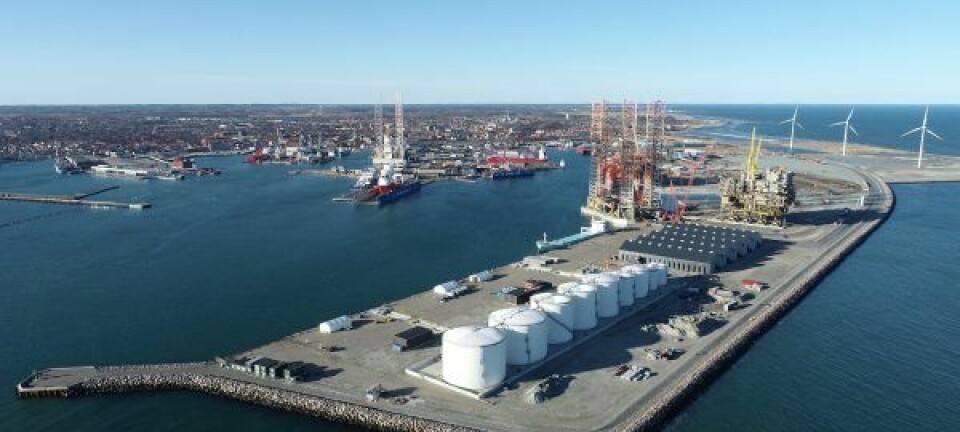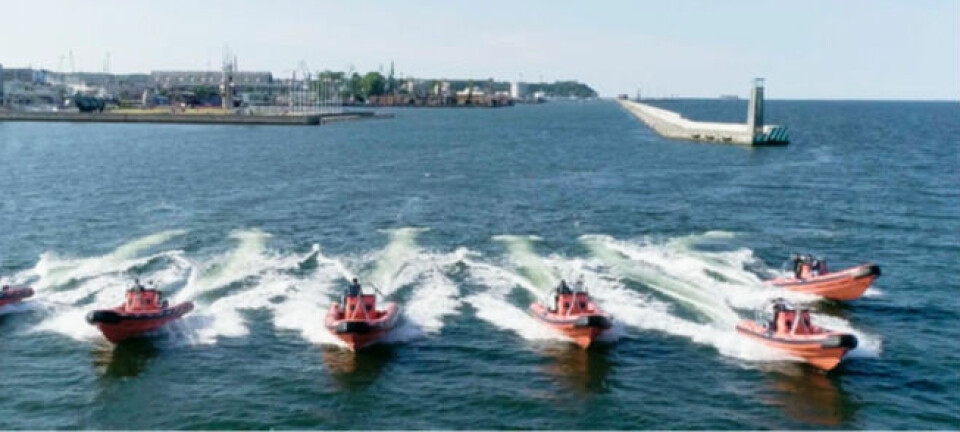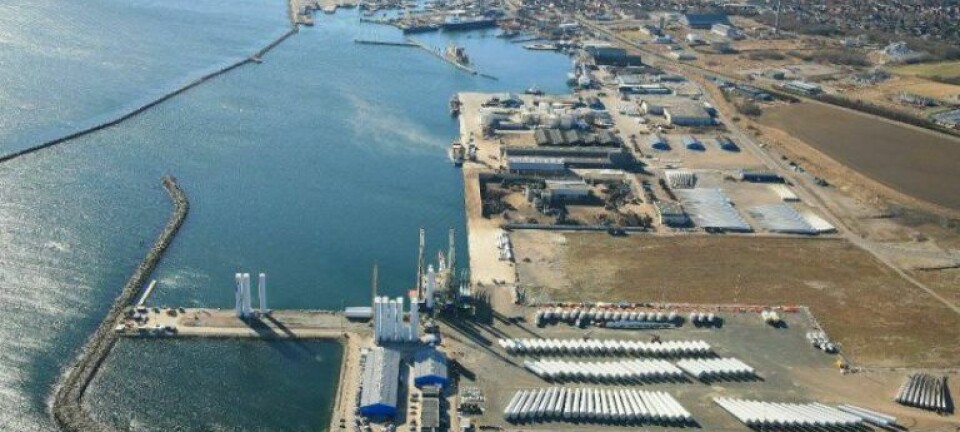Unexpected Cargo Surge at US Ports call for Systemic Change

Dramatic increase in imports from Asia have burdened an already overworked shipping system
A press release from the World Shipping Council points towards an unprecedented wave of cargo coming into ports in the US, so much so that these ports are barely able to cope up with the inflow.
Some comparative statistics throw ample light on just how big this rise is:
- Long Beach port in California has seen a nearly 20% increase in October 2020 cargo influx, as compared to October 2019.
- Similarly, for the same period, imports at Houston port in Texas increased by more than 22%.
- Maximal rise has been witnessed at the Los Angeles port in California; October 2019 versus October 2020, the swell has been an astounding 27.3%.
While there is no doubt that this surge is related to the COVID-19 pandemic, it is unclear as to how it came about since it was completely unexpected.
Such a surge is expected to continue till at least January 2021 (if not longer!) particularly since China has confirmed an astonishing 46% rise in imports to the United States in November 2020, when compared to November 2019.
Internal issues are making this cargo influx an even bigger issue. Specifically:
- There is a widespread labor shortage of both dock workers and truck drivers.
- There is hardly any berthing space available for ships to dock at ports. This is especially true for the San Pedro Bay which includes both the ports of Long Beach and Los Angeles.
Eventually, this is causing a chain reaction of sorts since delayed ships can only empty their cargo – and eventually make their way back to Asia, later than forethought.
Ocean carriers were being considered as a possible solution to this glut, but they too are running at full capacity.
The World Shipping Council sees this as a systemic issue that mandates a paradigm change in the entire process. Until then, it reckons it will be difficult to work out a solution. After all, the system itself cannot be changed outright, leave alone doing so overnight. Therefore, as per the Council, the need of the hour is to figure out ways in which the existing system can be made to function better.
Alongside, the Council opines that a corollary to this is avoiding doing all those things which make the system worse such as:
x Forgoing appointments made at cargo terminals,
x Placing fictitious bookings,
x Not letting go of containers that are already loaded.
The World Shipping Council reckons this will clearly prove to be one of the most testing times ever faced by the shipping industry – not just in North America but globally. The intuitive ways in which it is handled will ultimately determine whether the industry emerges battle-scarred or unscathed.










